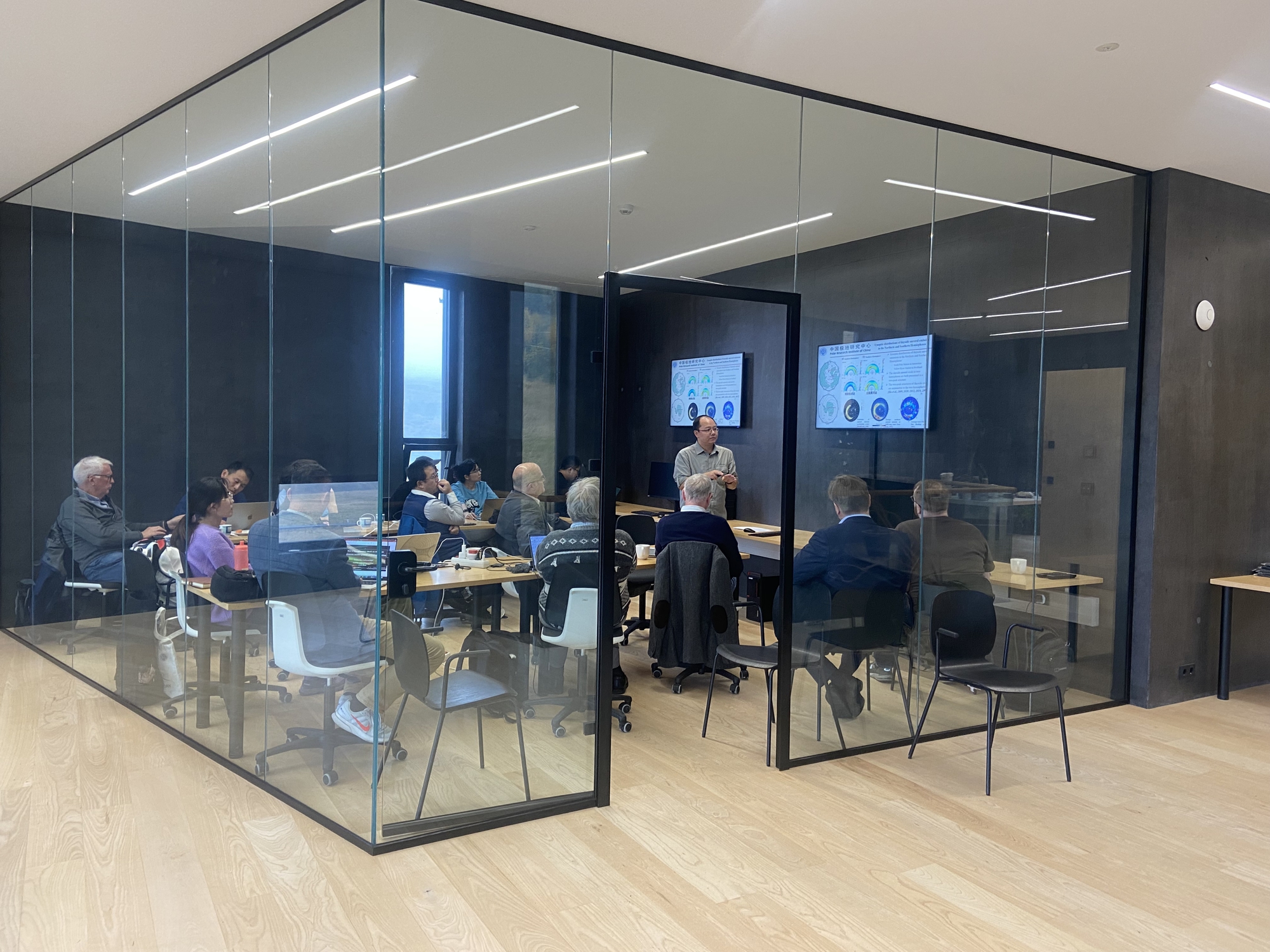The International Symposium on Auroral Physics (ISAP), was very successfully held at the China Iceland Arctic Observatory (CIAO) at Karhóll in northern Iceland from 2-6 October 2023.
The Symposium was organized by the China-Iceland Arctic Scientific Observatory, Arctic Portal, Aurora Observatory ses. and the Science Institute of the University of Iceland, with guidance from the Polar Research Institute of China (PRIC) and the Icelandic Centre for Research (Rannis).
The Symposium was attended by highly qualified participants from various corners of the world, including Iceland, China, Germany, South Africa, the United Kingdom, and the United States, who came together to exchange knowledge, ideas, and insights.
The symposium served as a vibrant platform for international experts to engage in constructive discussions and learn from one another.
The symposium's agenda consisted of presentations followed by open discussions. The focus was on the fascinating realm of auroral physics, delving into various aspects of this natural phenomenon.
Under the overarching theme of auroral physics, the symposium explored a multitude of subjects, including auroral morphology, cutting-edge auroral instruments, the mysterious auroral acceleration region, auroras within the planetary system, precipitation of auroral particles, the intriguing interplay between waves and particles in relation to auroras, the captivating phenomena of substorms, and the majestic grandeur of storm auroras and beyond.
Discussions revolved around subjects like the synoptic distribution of nightside aurora, the captivating auroral radio emissions observable from both space and the ground, the ever-evolving landscape of geomagnetic and polar research, as well as the essential role of infrastructure in facilitating this research.
Additionally, the symposium facilitated discussions on the value of international collaborations in the upper-atmosphere research sphere.
The intention of the organizers is that this is only the first of many similar symposiums held at the CIAO to widen knowledge, support innovation in research, and foster international cooperation.






